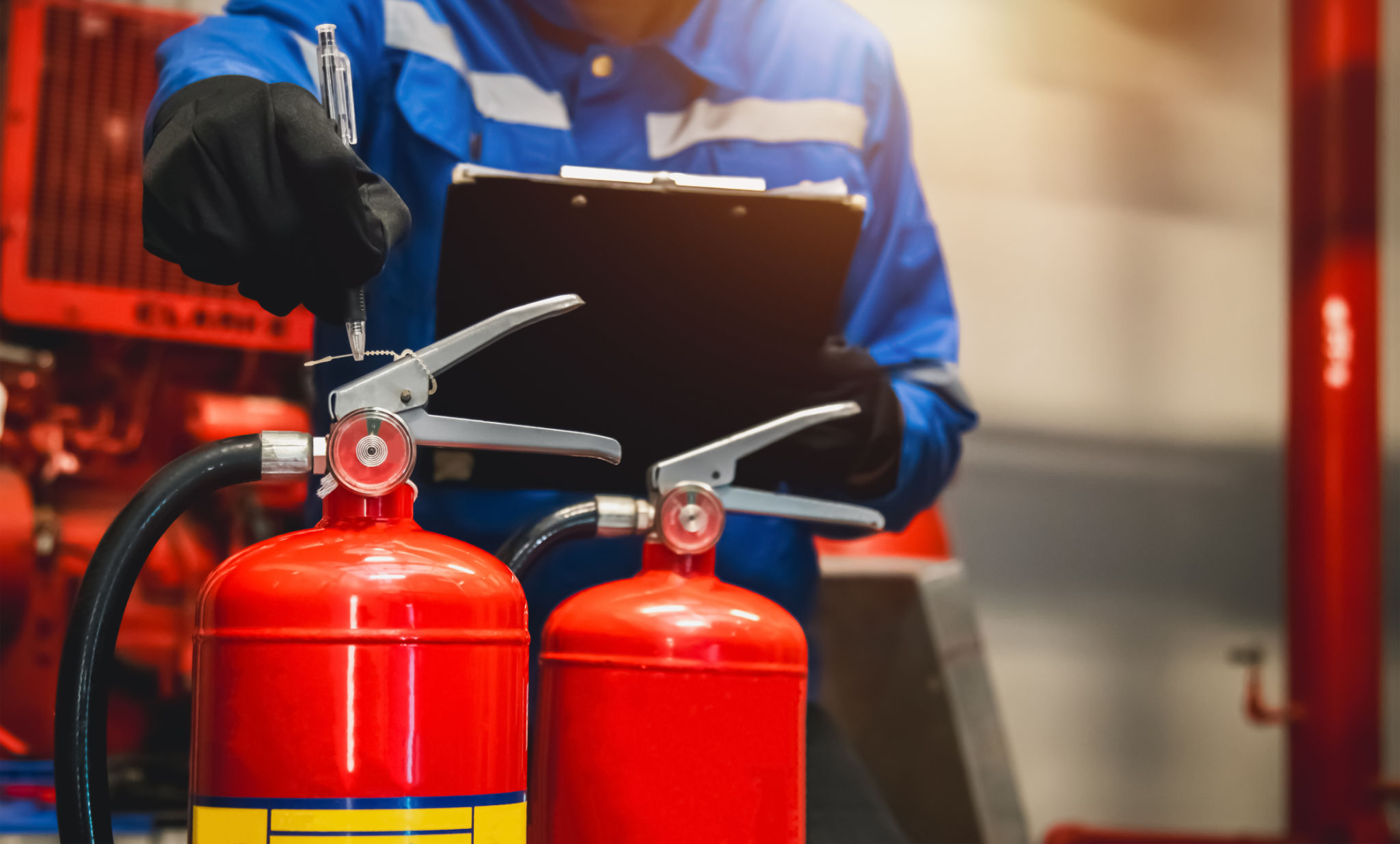How to Prepare Your Commercial Property for Fire Inspections
Understanding the Importance of Fire Inspections
Fire inspections are a critical aspect of maintaining safety standards in commercial properties. These inspections help identify potential fire hazards, ensuring that your property is compliant with local fire codes and regulations. Regular fire inspections not only safeguard your property and its occupants but also reduce the risk of costly fines and repairs.

Conducting a Pre-Inspection Assessment
Before the official fire inspection, it is advisable to conduct a thorough pre-inspection assessment. This process involves checking all areas of your property for potential fire hazards such as faulty wiring, blocked fire exits, and malfunctioning fire alarms. By identifying these issues early, you can address them before the official inspection, increasing your chances of passing with flying colors.
Checklist for Pre-Inspection
Create a checklist to guide your pre-inspection assessment. This checklist should include:
- Ensuring all fire exits are unobstructed and clearly marked.
- Testing smoke detectors and fire alarms for proper functionality.
- Checking fire extinguishers for accessibility and expiration dates.
- Inspecting electrical wiring for signs of damage or wear.
Updating Safety Equipment
One of the most crucial aspects of preparing for a fire inspection is ensuring that all safety equipment is up-to-date and in working order. This includes fire extinguishers, smoke detectors, sprinkler systems, and emergency lighting. Make sure all equipment is easily accessible and clearly labeled so that they can be quickly utilized in case of an emergency.

Regular Maintenance
Schedule regular maintenance checks for all fire safety equipment. This involves professional inspection and servicing of fire extinguishers and sprinkler systems to ensure they are functioning optimally. Additionally, replace batteries in smoke detectors at least once a year to maintain their effectiveness.
Training Staff on Fire Safety Procedures
In addition to updating equipment, it is essential to train your staff on fire safety procedures. Conduct regular fire drills to ensure that everyone knows how to evacuate the building safely and efficiently. Provide training sessions that cover the use of fire extinguishers and the importance of staying calm during an emergency.

Creating an Emergency Plan
Develop a comprehensive emergency plan that outlines procedures for different fire scenarios. This plan should include evacuation routes, meeting points, and contact information for emergency services. Make sure all employees are familiar with this plan and understand their roles in the event of a fire.
Reviewing Compliance with Local Fire Codes
Finally, review your property’s compliance with local fire codes and regulations. This may involve consulting with fire safety experts or your local fire department to ensure that your property meets all necessary standards. Staying informed about any changes in fire codes can help you maintain compliance and avoid potential penalties.
Preparing your commercial property for a fire inspection requires diligence, proper planning, and regular maintenance. By taking these steps, you can create a safer environment for everyone who enters your premises and demonstrate your commitment to safety and compliance.
